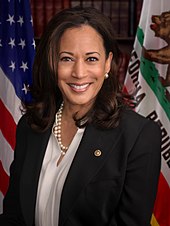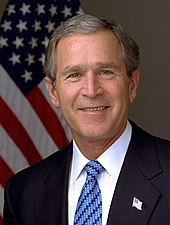List of United States politicians who have acknowledged cannabis use
Before the prohibition of cannabis in the United States, some of the nation's Founding Fathers and presidents grew hemp.
[1] Harry J. Anslinger, the commissioner of the Federal Bureau of Narcotics, responded to political pressure to ban marijuana at a nationwide level.
[3] In Leary v. United States (1969), the U.S. Supreme Court held the Marihuana Tax Act to be unconstitutional since it violated the Fifth Amendment.
However, United States v. Oakland Cannabis Buyers' Cooperative (2001) rejected the common-law medical necessity defense to crimes enacted under the Controlled Substances Act because Congress concluded that cannabis has "no currently accepted medical use" and Gonzales v. Raich (2005) concluded that the Commerce Clause of Article One of the U.S. Constitution allowed the federal government to ban the use of cannabis, including medical use.
Today, cannabis remains classified as a Schedule I drug under the Controlled Substances Act, and possession is punishable by up to one year in jail and a minimum fine of $1,000 for a first conviction.






